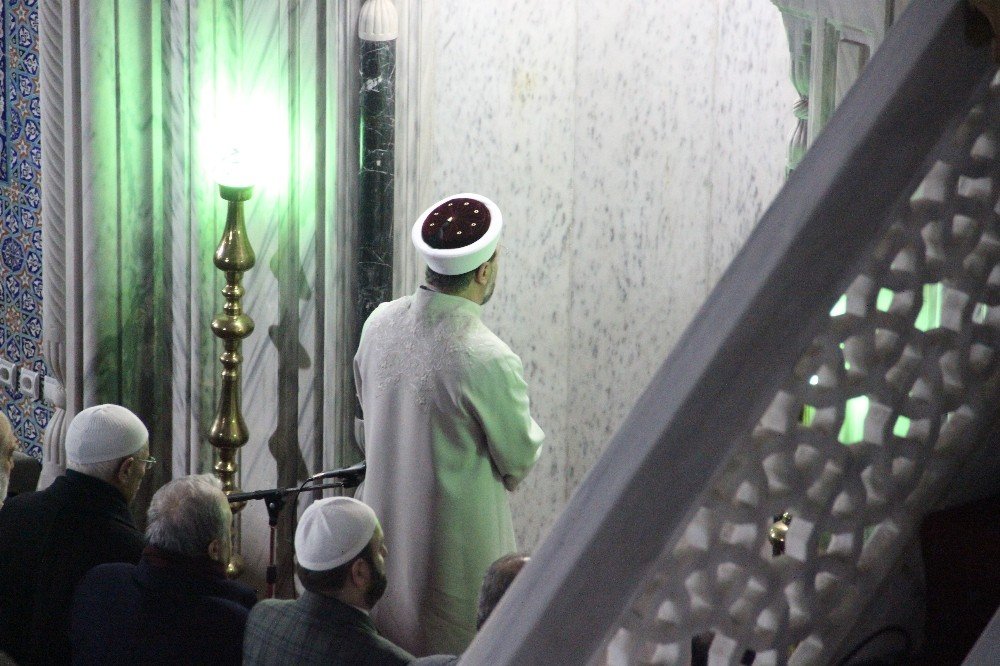What is the sunnah acts of prayer? What is mandub acts of prayer?
Completing the sunnah acts of the prayer means the prayer is performed properly. Praying orderly with the sunnah and mandub acts combined results in the prayer being performed in the best manner. Praying according to the sunnah is in fact praying as prescribed by the Prophet (p.b.u.h). Neglecting the sunnah will lessen the rewards of the prayer.
1. The sunnah acts of the prayer
There are fourteen sunnah acts of the prayer:
- Reciting verses after the Fatiha during the first two raka’ah,
- Remaining standing up to read a surah after the Fatiha,
- Reciting out loud during every raka’ah of the fajr prayer, jum’ah prayer, first two raka’ah of maghrib prayer and ‘isha prayer.
- Doing the recitation silently during every raka’ah of the duhr and ‘asr prayers, the last raka’ah of the maghrib prayer and the last two raka’ah of the ‘isha prayer.
- Saying the takbeerat other than the opening takbeer,
- Saying “Sami’ Allahu liman hamidah” when rising from the ruku’ while praying alone or behind the imam,
- The tashahhud,
- Sitting for the tashahhud,
- Reciting Salat and Salam upon the Prophet (p.b.u.h.) after the last tashahhud: Example: “Allahumma salli ‘ala Muhammadin wa ‘ala ali Muhammad kama sallayta ‘ala Ibrahim wa ‘ala ali Ibrahim wa barik ‘ala Muhammadin wa ‘ala ali Muhammadin kamâ barakta ‘ala Ibrahim wa ‘ala ali Ibrahim fi’l-‘alamin innaka hamidun majeed”.
- Placing the area connecting the toes and bottom of feet, the knees and hands on the ground during sujood (prostration),
- Responding to the salam of the person on the left or the imam at the end of the prayer. This is done by responding to “Assalamu ‘Alaikum” with “Wa ‘alaikum assalam.”
- Saying the salam at the end of the prayer aloud,
- Remaining silent while the imam recites aloud,
- Fulfiling the wajib with tuma’ninah.
Source: Fiqh1 (According To The Maliki School Of Islamic Law), Erkam Publications





